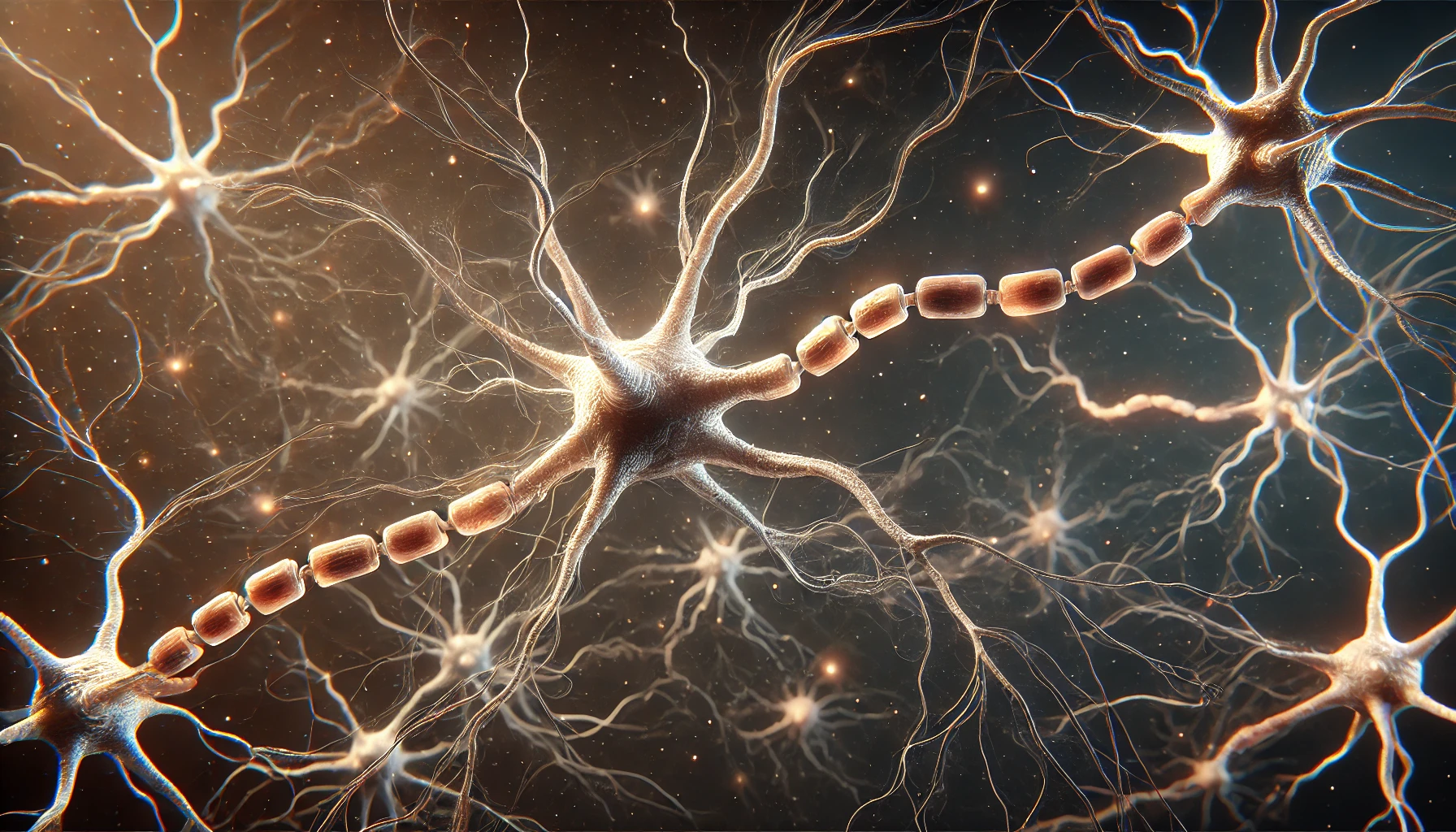Trump's Nomination of RFK Jr. for HHS Sparks Controversy Over Vaccine Skepticism and Health Policy

Robert F. Kennedy Jr.'s views on vaccines have sparked considerable debate, particularly with his recent nomination to head the U.S. Department of Health and Human Services (HHS) by President-elect Donald Trump. Kennedy is a well-known vaccine skeptic, often citing discredited links between vaccines and autism, which has alarmed many in the public health community[6]. His contentious stance on vaccines is part of a broader skepticism towards established science; he has also made claims about the dangers of Wi-Fi causing cancer and challenged conventional views on HIV/AIDS causation[1][2]. The nomination has led to widespread concern about the potential impact of his views on public health policies, particularly amidst rising cases of preventable diseases linked to vaccine misinformation[2].
References
- Healthcare industry braces for RFK Jr.
- Healthcare industry braces for RFK Jr.
- Trump Picks RFK Jr. to Lead HHS
- Trump picks Robert F. Kennedy Jr. to lead Department of Health and Human Services
- Trump nominates RFK Jr. to lead HHS
- Trump names RFK Jr. as his pick to lead HHS
- Trump nominates RFK Jr. to lead HHS
Explore Further
What are the potential impacts on public health if Robert F. Kennedy Jr.'s views on vaccines influence policies at the Department of Health and Human Services?
How might Robert F. Kennedy Jr.'s nomination as HHS Secretary affect the relationship between the U.S. government and major pharmaceutical companies?
What strategies could be employed by public health experts to combat misinformation if Kennedy implements his controversial health policy views?
How are investors and the stock market likely to respond if Robert F. Kennedy Jr.'s proposals for reforming the FDA and NIH are implemented?
What are the possible outcomes of Robert F. Kennedy Jr.'s Senate confirmation process considering his controversial views on health and vaccines?